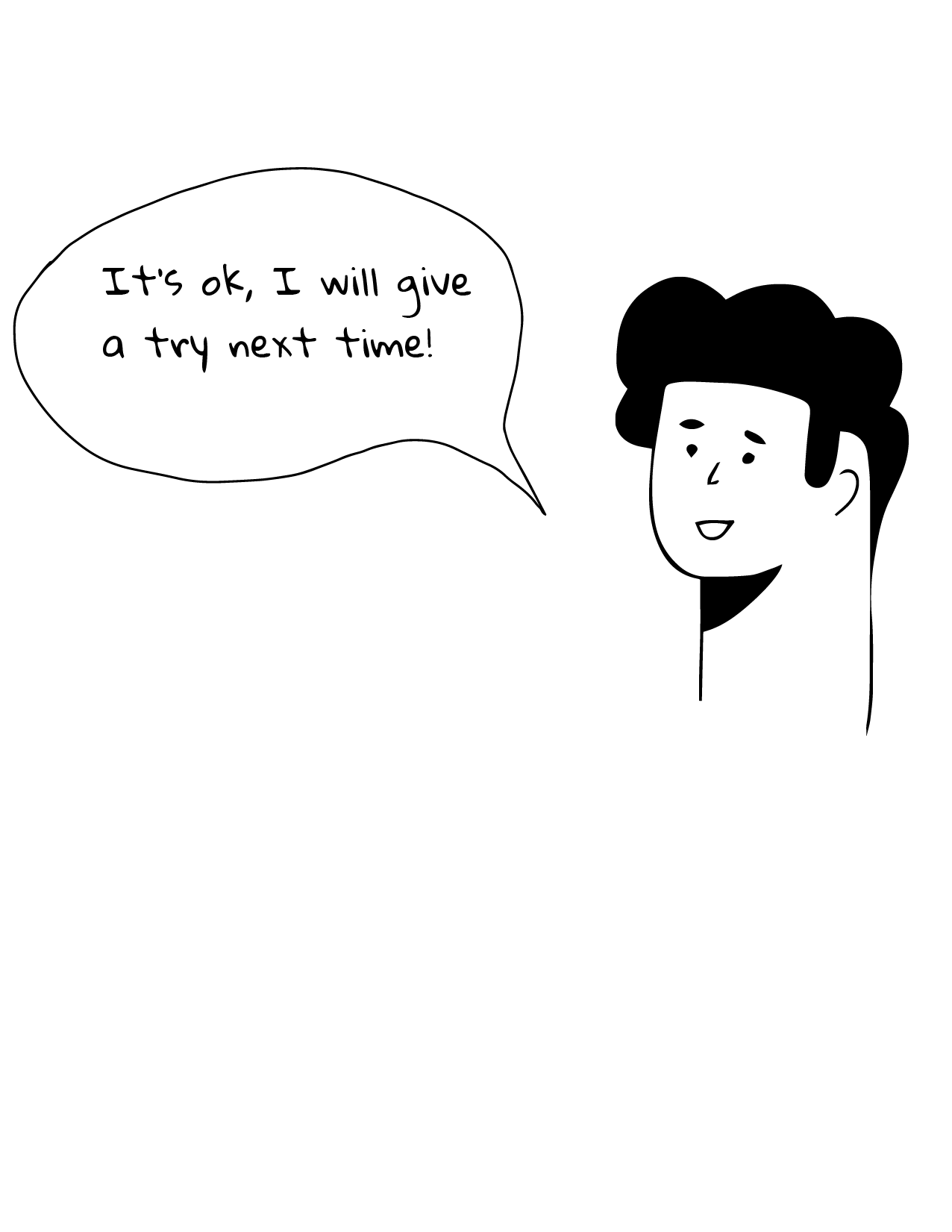
1. Master Experience
Mastery experiences refer to the idea that successful experiences help people to build up
confidences and strength to overcome challenges.
Sample: Sam, once participated in a Hackathon, and wins the final challenge. This mastery
experience boosts Sam’s self-efficacy. As a result, Sam is actively looking for new Hackathon
to challenge himself and is assured in his skill as a Computer Scientist.



2. Social Modeling
Social Modeling refers to the idea that through observing people similar to oneself succeed,
it raises the observer’s belief that they too have the capabilities to succeed.
Sample: Linda is an international student from China and she is not comfortable with her
English skills. However, Linda’s classmate Jack who is also from China and is fluent in
English shares his experience with Linda and the challenges he overcame throughout the years.
Seeing Jack’s success today, Linda is willing to challenge herself and believes that she can
also overcome the language barrier one day.

3. Verbal Persuation
Verbal persuasion refers to the idea that people could be persuaded to believe that they
have the skills and capabilities to succeed by families, friends, instructors and so on.
Sample: John is struggling in his technical writing class, but his professor keeps on
encouraging him through one on one conversations, writing assignments and always telling
John that he can be a great writer if he put his minds into it. As a result, John never gave
up on trying and ended up improving his writing skills and is now confident in his technical
writing skills.



4. Psychological Response
Psychological responses refers to the idea that moods, emotional states, physical reactions,
and stress levels can all impact how a person feels about their personal abilities in a particular
situation.
Sample: Amy always wants to learn a new programming language and attempts to teach herself during
the school year. Due to heavy workloads from school and social events, Amy becomes highly stressed
and isn’t able to focus, becoming frequently frustrated when she encounters challenges during her
learning process. When Amy tries again during her summer break, she finds her learning more enjoyable
and has more patience to troubleshoot when she encounters challenges.




